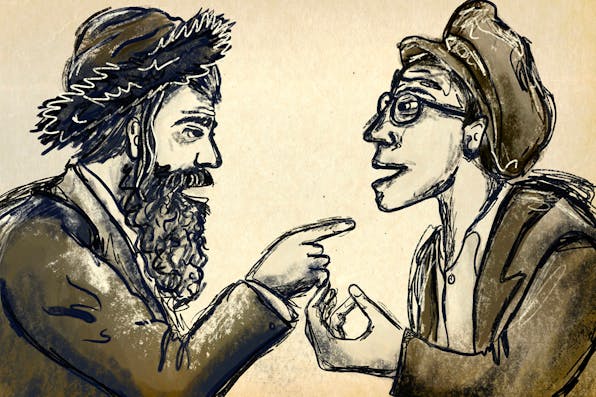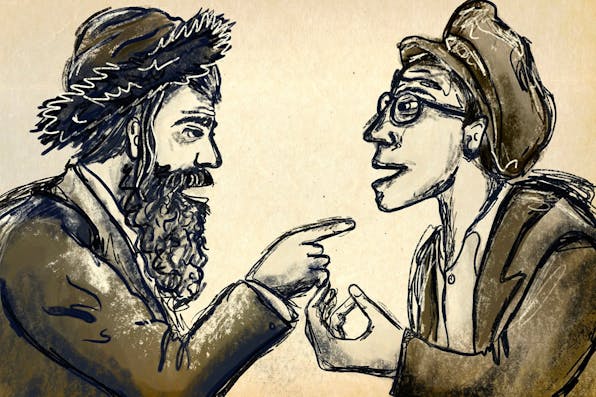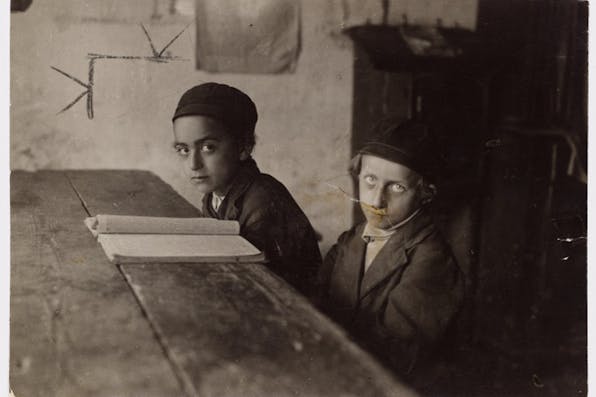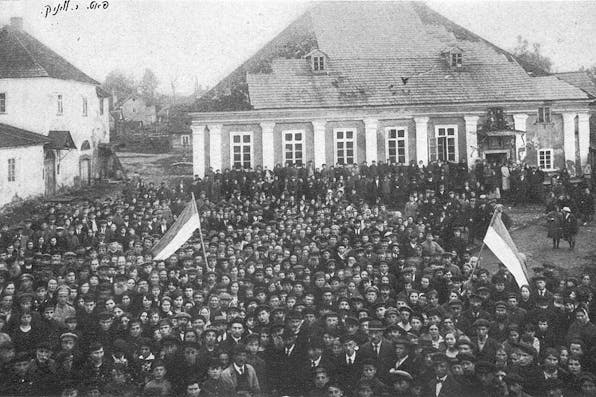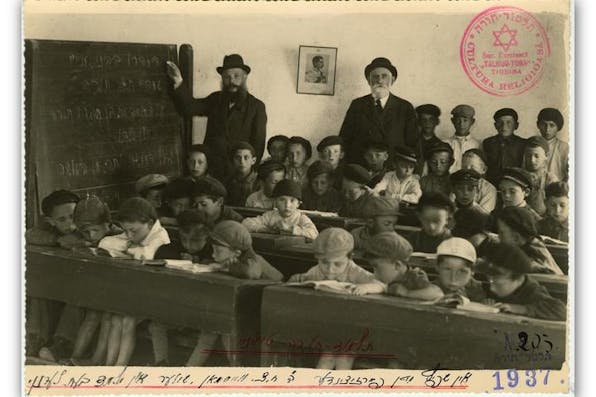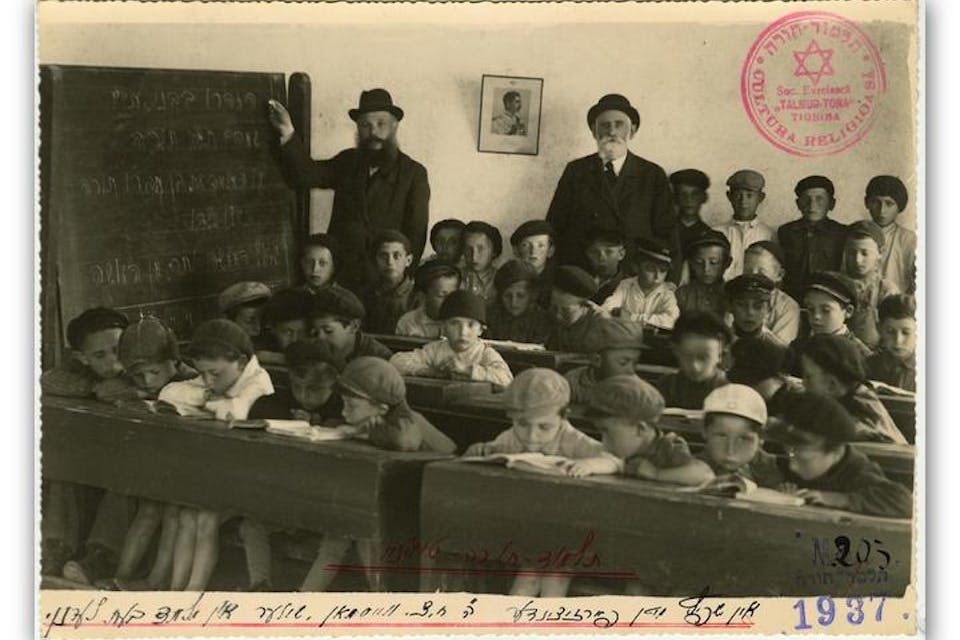
January 20, 2021
Chaim Grade’s Eternal Argument
The intimate, internal quarrel shows Jews doing what they have always done—but while they're standing among people who have been dedicated to their murder.
A people’s culture is made up not of the entire body of literature it has produced but of that part of its legacy that is being continually absorbed by later generations. For centuries, Jews have masterfully transmitted the Hebrew Bible and Talmud, have incorporated poems into the liturgy, and have selectively studied philosophic and esoteric texts. But have most modern Jews found a way of incorporating the best of modern Jewish writing into their cultural bloodstream?
In Israel, yes: there the process takes place in just the way that a nation-state naturally–if selectively—absorbs new work through its schools, its media, its cultural institutions and, most powerfully, in the give-and-take of its citizenry. In North America, the task requires special effort.
As part of that effort, Mosaic’s founding editor Neal Kozodoy and its current editor Jonathan Silver brought back into circulation Chaim Grade’s translated Yiddish story, “My Quarrel with Hersh Rasseyner,” along with my accompanying essay. Mosaic also underwrote a live video reading of the work, directed by Jonathan Leaf and performed by Michael Cuomo (Chaim Vilner) and Christopher Tocco (Hersh Rasseyner), which animated the tense interplay of argument between the two men and the sheer power of the words themselves. I would also encourage those who like the story to see the film The Quarrel by Joseph Telushkin and David Brandes, which invites emotional catharsis through added background and dramatic action.
